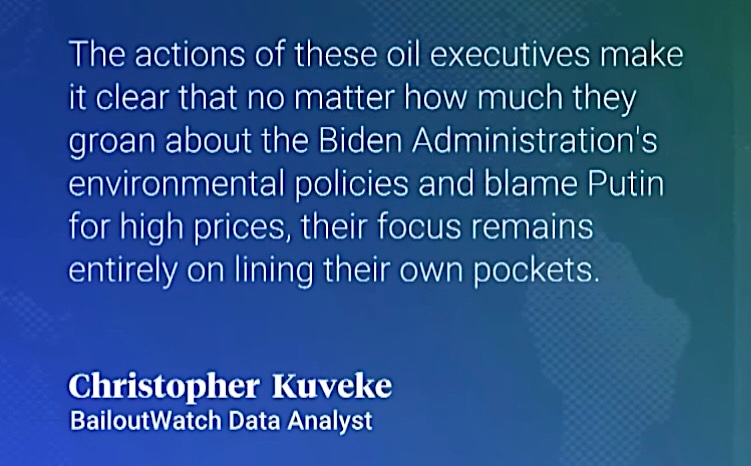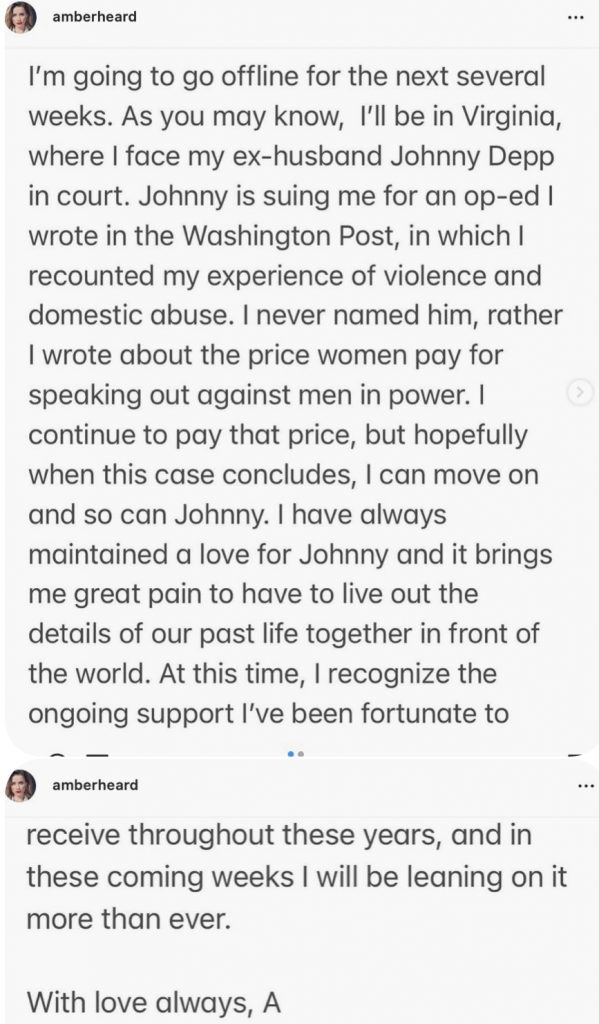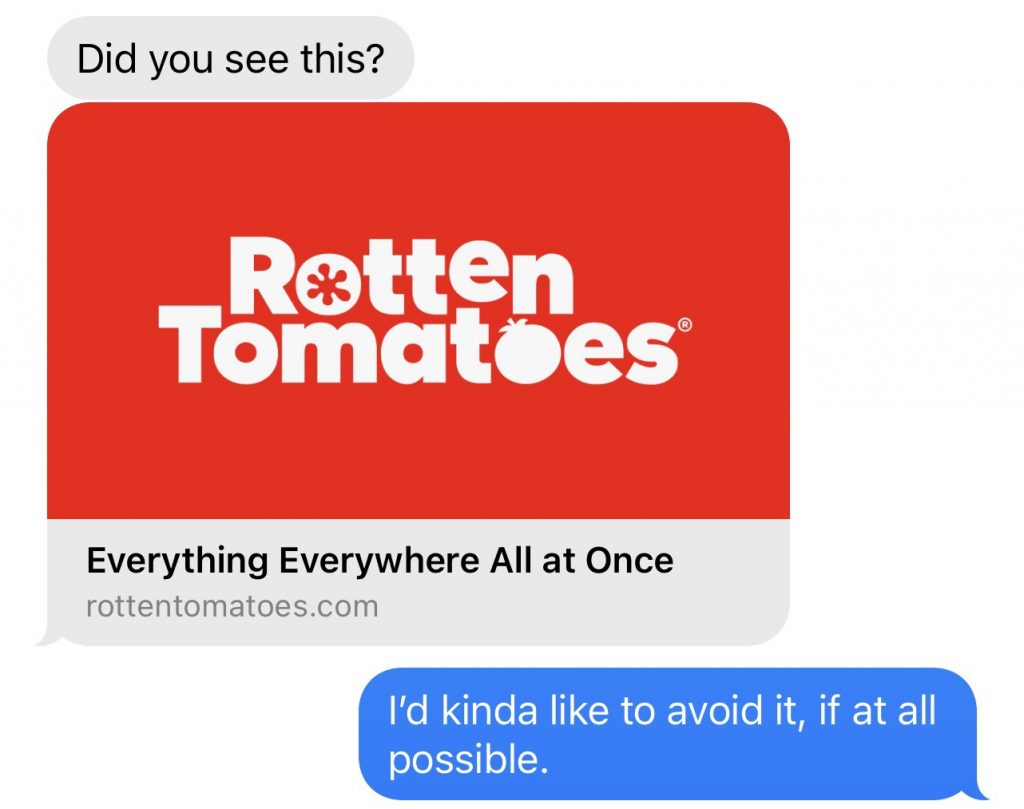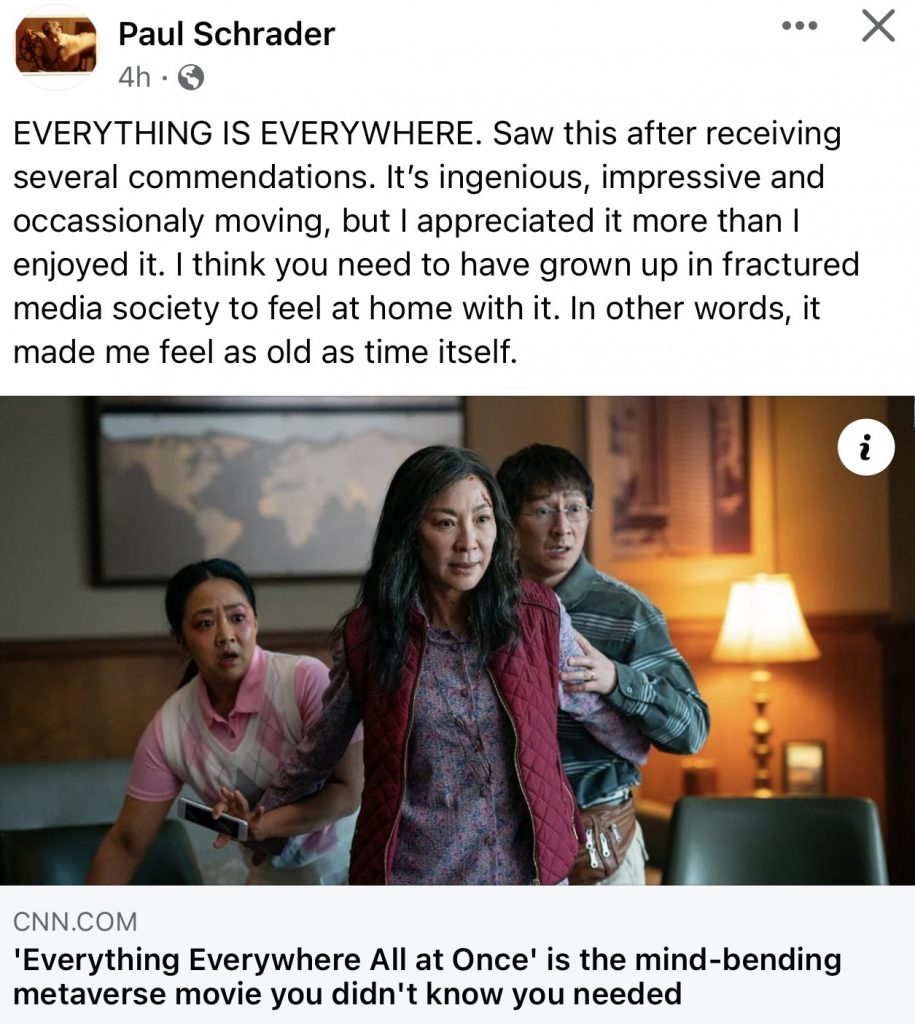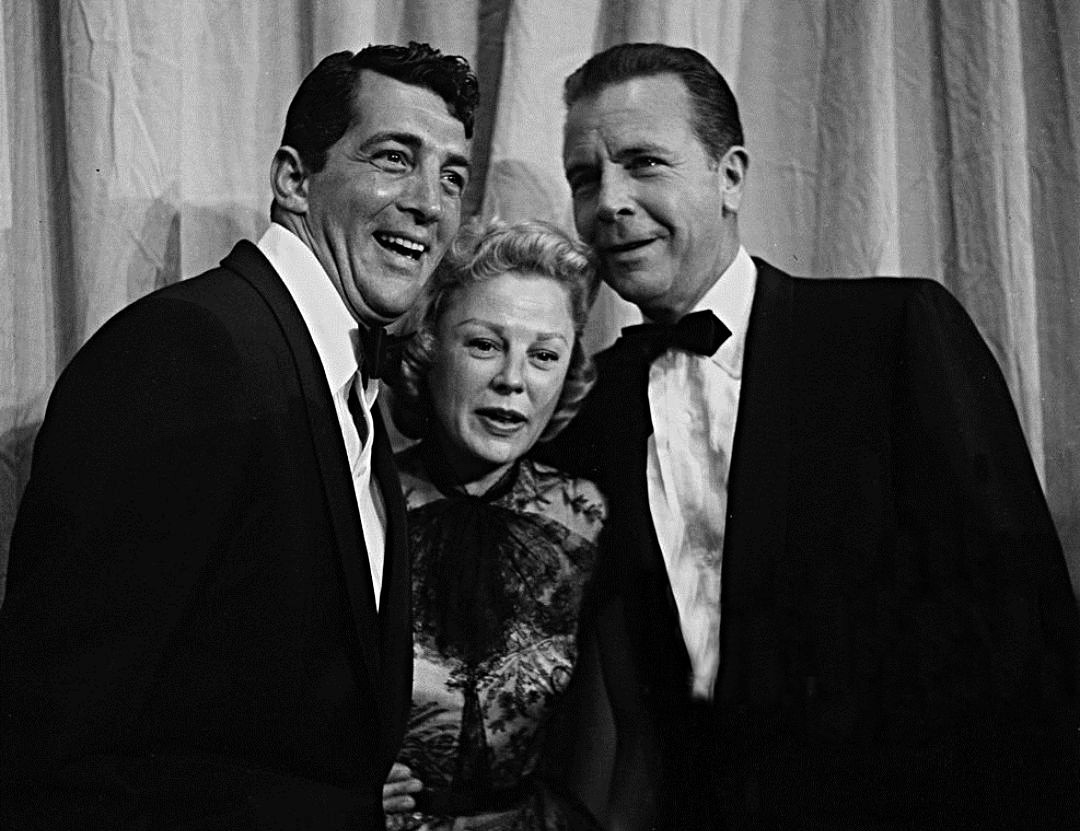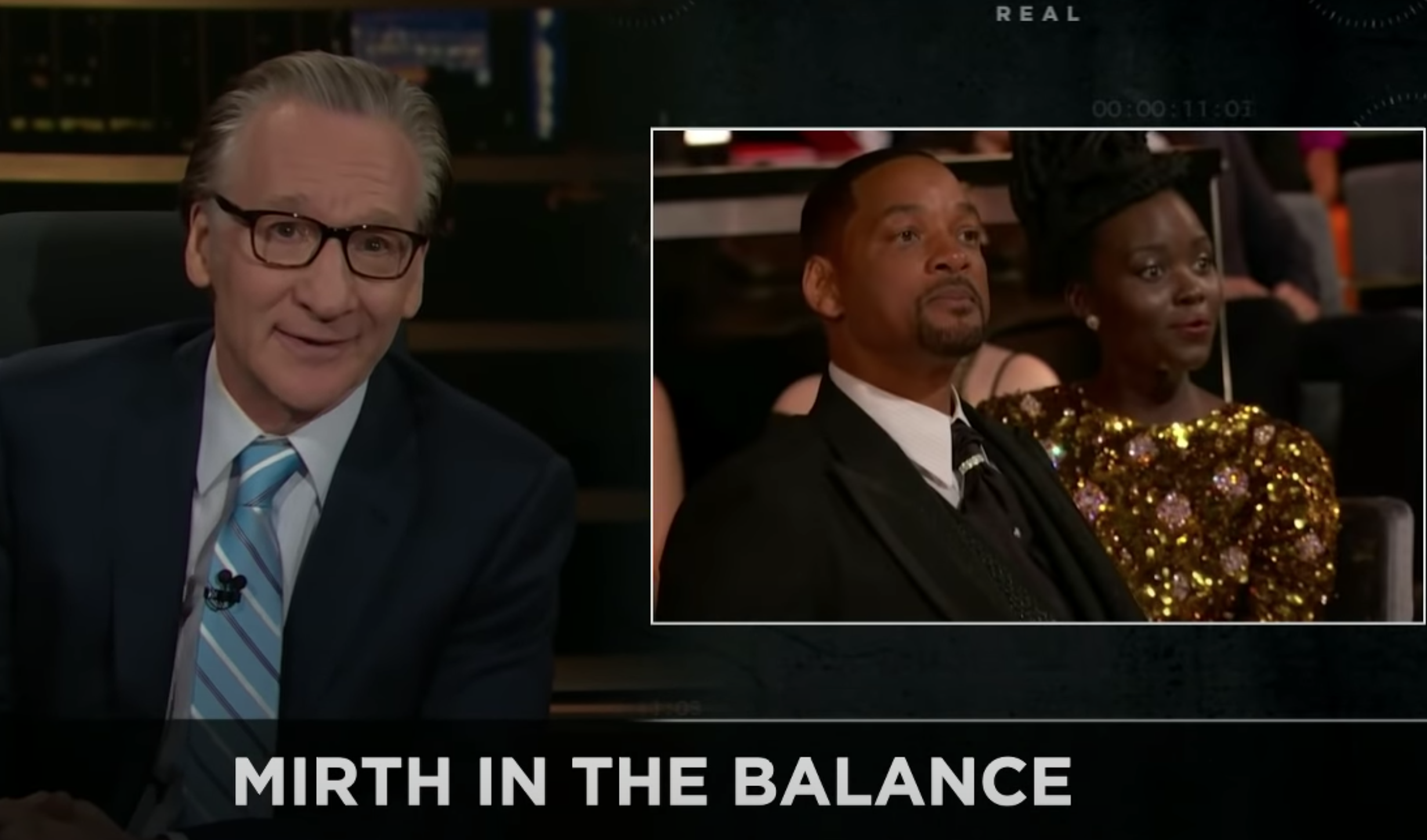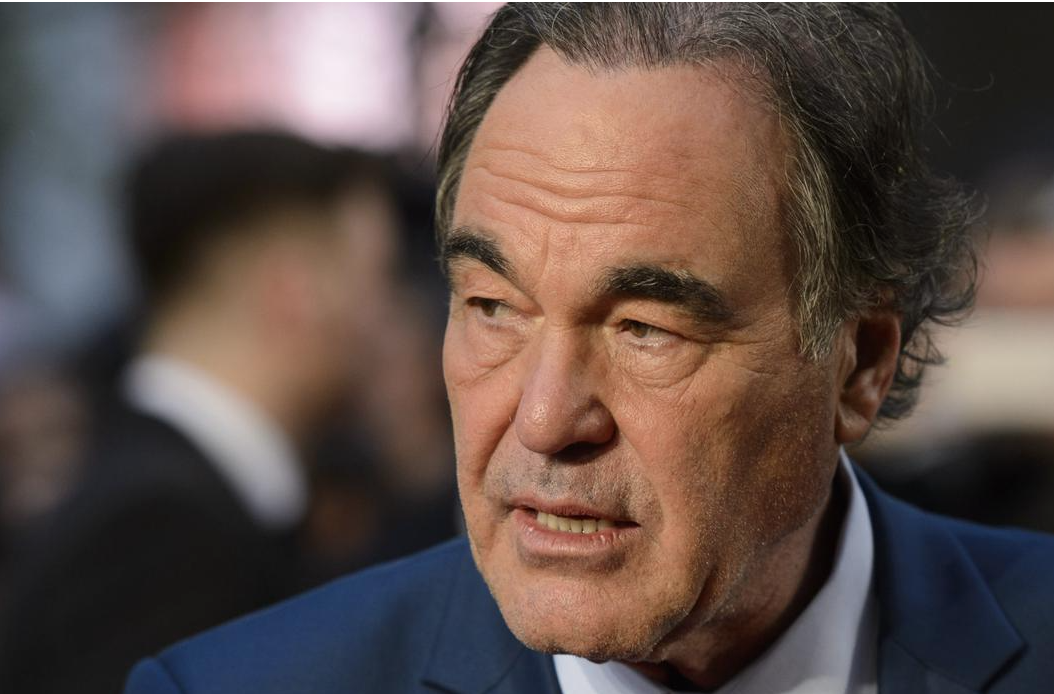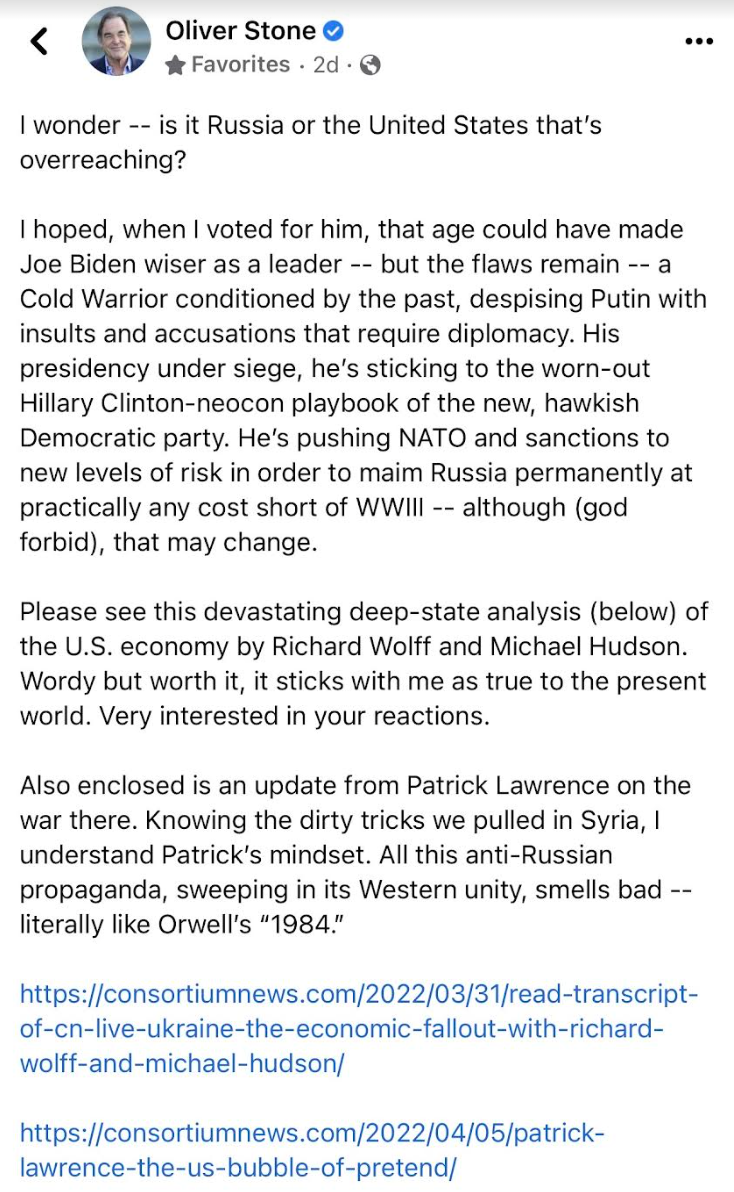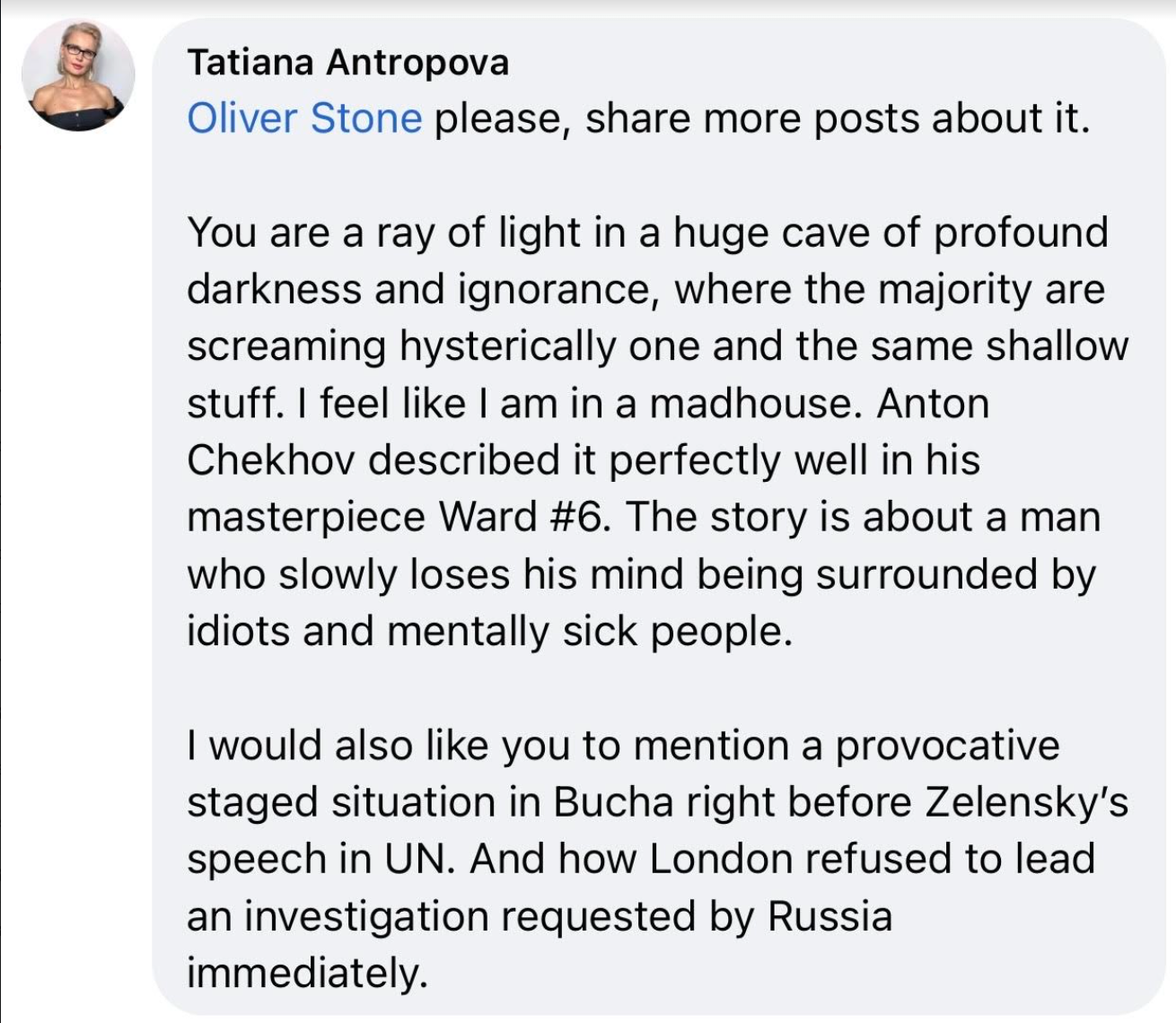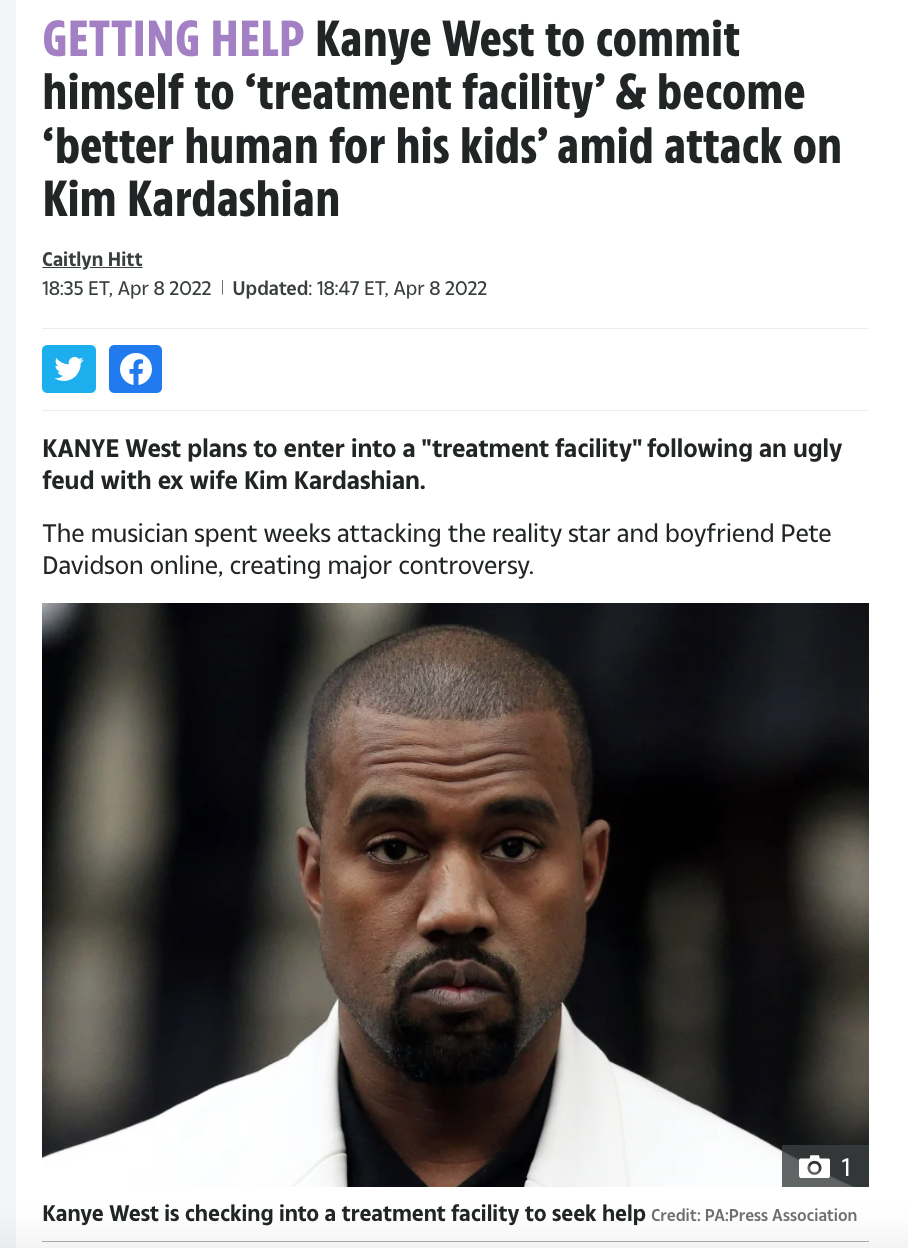A brief note to Laszlo, the S.F. Valley guy who sold me the 2009 VW Passat in late February: “Cheers. A friend told me not to bother but I can’t resist bringing you up to speed on the VW Passat, which, you’ll recall, I paid $4K for on or about 2.26.
“I’ve barely driven it since then except for a round trip to Santa Barbara, and since then (over the last six or seven weeks) I have had THREE major crises — the engine was leaking coolant so the whole cooling system had to be replaced ($1600). Then a serious oil leak had to be fixed — $570. Today another engine catastrophe happened, and now the leaking plastic (!) radiator has to be replaced — $1K. That’s $3200 plus the cracked windshield repair ($275) and a new cheap-ass Bluetooth radio ($350).
“In short, I’ve had to spend almost $4K on top of the $4K I paid you.
“My mechanic, Carlos, says I shouldn’t have gotten a Passat — that they just start falling apart after 100K miles. Before buying it I had been all over the city (down to Compton three times, twice to Long Beach) and spending a small fortune in Uber fares to find the right kind of used car (Tatiana has wheels but couldn’t be bothered to assist except for one time), and no sellers were willing to drive their for-sale car up to my WeHo mechanic’s place (corner of Melrose and Fairfax). So Peter, that Valley mechanic, showed up and sniffed around, and gave the Passat a clean bill of health. Alas, Peter wasn’t as perceptive or inquiring as he should have been.
“So I crossed myself, said a little prayer and decided to buy the damn thing, and now I’m down almost $8K. For the Passat is a doom car, a money pit and a total lemon, my mechanic says. Our deal worked out for you, but now I’m stuck with a piece of shit. I had wanted to drive it to Connecticut and then, once there, use it very infrequently as a station car. Now I can’t even do that. This piece of plastic shit will NEVER make it across the country. Some hose will blow, some other engine part will fail. So I’m $8K poorer and I have nothing. I’m stuck with a dog of a car that has been nothing but misery so far, and will be nothing but misery for as long as I own it.
It feels so mortifying to have been stupid enough to buy this car. HE to Carlos: “What should I do, drive it over a cliff like Buzz in Rebel Without A Cause?” Carlos to HE: “You have to decide what to do.”
